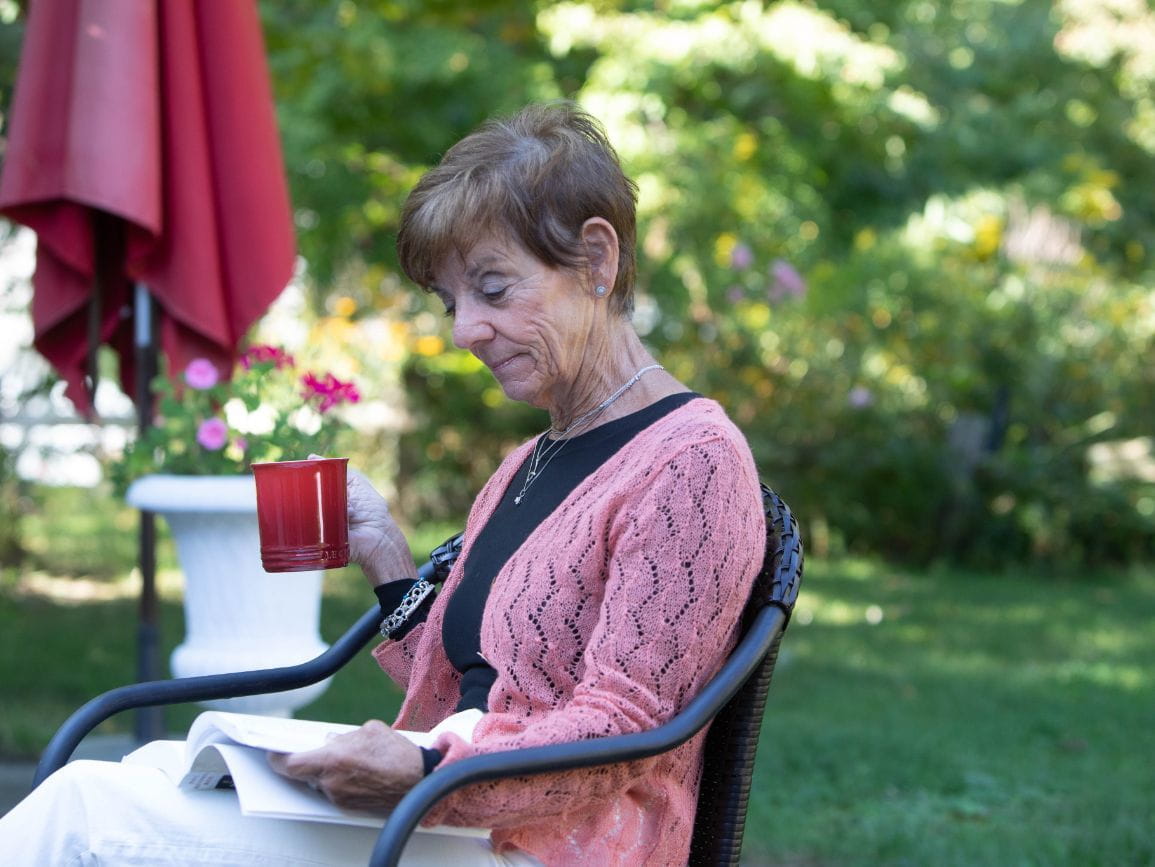One of the oft-repeated pieces of advice for busy people taking care of families comes from airplane safety instructions: put on your own oxygen mask before helping with someone else's. It's most often associated with child care, but the underlying logic is true for those looking after parents or other adult family members as well: you won't be helpful to those you love if you're running on empty.
Yet people with these responsibilities are running on empty. If you’re one of them, you know what it’s like: the around-the-clock worries; the competing demands between work and home; the exhaustion. You love your family and are committed to the people who need you, but it’s a lot! For many, adding up all the responsibilities surrounding elder care can be the equivalent of a second full-time job. And the weight of it can result in stress, physical health consequences, and eventually burnout.
While there’s no all-out cure, experts say there are effective therapies, starting with one overarching principle: be good to yourself. But with so much on your plate, how exactly can you do that? Here are six ways you can check-in with yourself to avoid burnout:
- Schedule Time for Yourself: The big mistake people caring for families often make is thinking every free moment has to be productive. Often, the best use of a free hour is a book, a walk, or some mindless screen time — anything that puts the focus back on you. Block some time in your day and give yourself a break.
- Ask for What You Need: Siblings or other family members who live far away may not be able to provide actual care, but they can help with other tasks such as insurance and paperwork. Coming up with a helpful family care plan not only takes some of those things off your plate; it frees time for respite and self-care.
- Enlist Help from Experts: A big stress of adult responsibilities are the unknowns about finances and the future. Many organizations — like the AARP and local and state agencies — offer guides and helpful information on care planning, finances, and other important issues.
- Give Yourself a Respite: Respite caregivers are exactly what they sound like — professionals (often senior specialists) who can support you when you need a break. Many employers offer back-up care benefits and not only subsidize them — they’ll actually search and reserve care for you. Some may also offer databases to help you search yourself. Explore your benefits and leverage senior centers and local organizations for other connections to care.
- Lighten Your Load: What could you pay for that would make your life easier? Grocery delivery? Yard work? House cleaning? Prescription delivery? Pick something and see if you can budget for it.
- Use Your PTO: You don’t need to go anywhere to make time off count. But the rest from having to do only one job for a little while — and not two — will be energizing. That’s what PTO is for. Use it. Most of all — don’t think you have to go it alone. People want to help. Let friends run errands for you. Engage listeners when you need to talk. And consider support groups as they can be not only comforting, but enlightening since you might pick up some new strategies.
Remember: it’s easy to fall into the trap of selflessness when caring for a loved one. But that serves no one if the cost is a complete meltdown. Taking time to unplug, going for walks, or hiring help is not selfish; it’s self-care. And in the long run, taking care of yourself is the best way to take care of those you love.





